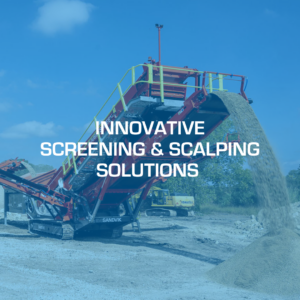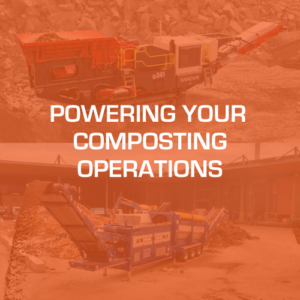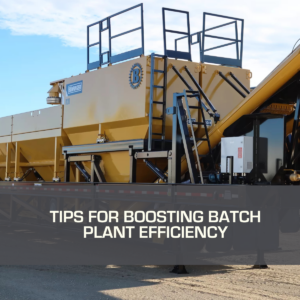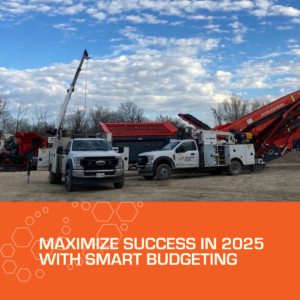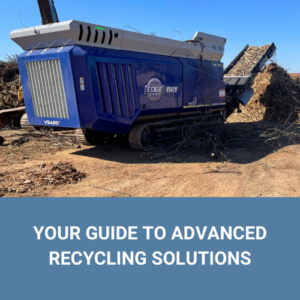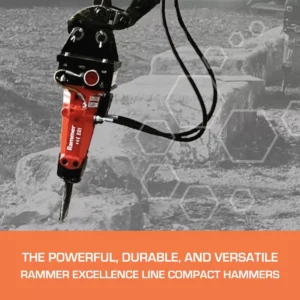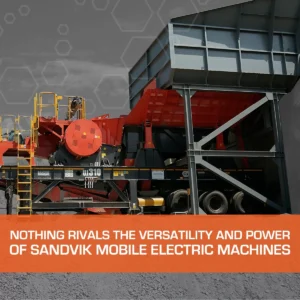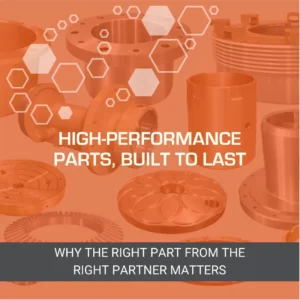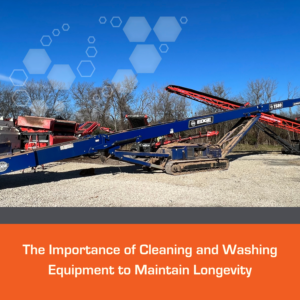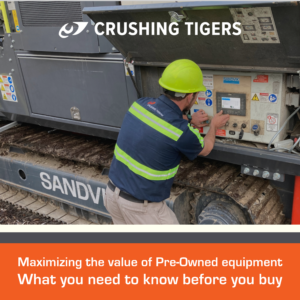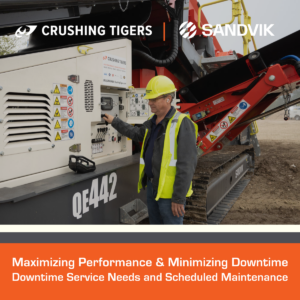Renting Vs. Owning Heavy-Duty Aggregate Equipment: What’s Best for Your Business?
Heavy-Duty Aggregate Equipment: Should You Rent or Own?
In the construction and mining industries, heavy-duty aggregate equipment is essential for productivity and efficiency. Whether it’s crushers, shredders, or screens, the right equipment can make or break a project. One critical decision companies face is whether to rent or own their equipment. Here are the advantages and considerations of each:
The Case for Renting
1. Cost-Effectiveness:
- Lower Initial Investment: Renting allows companies to access the latest equipment without the significant upfront costs associated with purchasing.
- Maintenance and Repairs: Rental agreements typically include maintenance and repairs, reducing unexpected expenses and downtime.
2. Flexibility:
- Adapt to Project Needs: Renting provides the flexibility to choose specific equipment tailored to each project’s unique requirements.
- Up-to-Date Technology: Rentals often offer the latest models and technology, ensuring efficiency and compliance with industry standards.
3. Risk Management:
- Reduced Risk: Renting minimizes financial risk and long-term commitment, which is particularly beneficial for companies facing fluctuating workloads.
The Case for Owning
1. Long-Term Savings:
- Cost Efficiency: Over time, owning equipment can be more cost-effective, especially for companies with consistent, long-term projects.
- Depreciation Benefits: Equipment ownership allows companies to take advantage of tax benefits related to depreciation.
2. Availability and Control:
- Immediate Access: Owning equipment means it’s always available, eliminating the potential delays associated with rental availability.
- Customization: Owned equipment can be customized and adapted to meet specific operational needs.
3. Value:
- Investment: Equipment ownership adds value to the company’s balance sheet and can be leveraged as an asset.
- Resale Potential: When equipment is no longer needed, it can be sold, recouping some of the initial investment.
Both renting and owning heavy-duty aggregate equipment have their advantages. Renting offers flexibility, lower upfront costs, and reduced maintenance responsibilities, making it ideal for short-term needs or variable workloads. Owning, on the other hand, can provide long-term savings, immediate availability, and asset value, making it a smart choice for companies with consistent, high-demand projects.
By carefully evaluating your company’s specific needs, you can make an informed decision that optimizes productivity and profitability. Whether you choose to rent or own, the right equipment is key to your business’s success.

